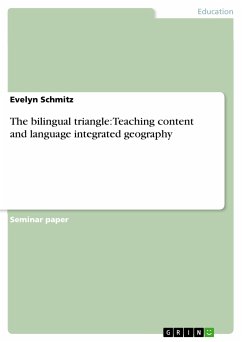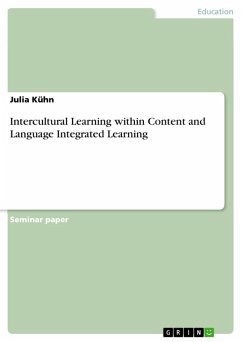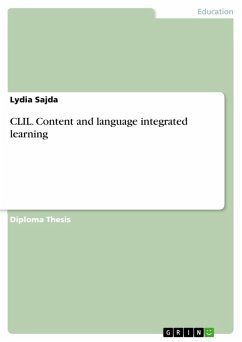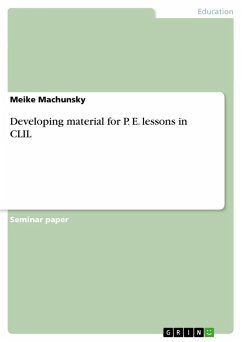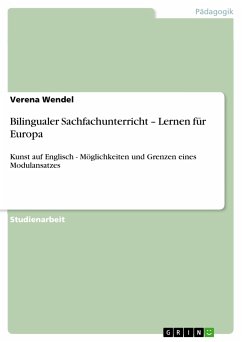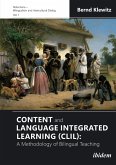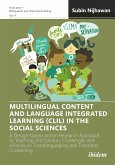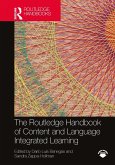Seminar paper from the year 2007 in the subject Didactics - English - Pedagogy, Literature Studies, grade: 2,0, University of Frankfurt (Main) (IEAS), course: Hauptseminar HS Content and Language Integrated Learning, language: English, abstract: 1 Introduction The focus of this term paper is a presentation of a draft for a bilingual Geography study unit on "migration". Firstly, the paper describes general didactic principles of bilingual teaching and furthermore exemplifies aspects of creating a bilingual teach-ing curriculum and of bilingual teaching in the geographical context in general. More-over, it adapts the curriculum for Georgraphy in Hesse for the study unit. The study unit contains five lessons that respectively emphasise one of the three aspects of the Bilingual Triangle by Hallet. 2 Didactic concepts This chapter gives an overview of didactic concepts for teaching a subject bilingually at school. The fist concept referred to describes bilingual teaching principles more generally in terms of connecting the subject and the foreign-language teaching. The second concept "The Bilingual Triangle" is a more concrete theoretical basis espe-cially for teaching bilingual subjects among Humanities such as Geography, Politics or History. 2.1 Connecting models In Germany there are 3 connecting models to describe bilingual teaching principles. The first model - the Linear Model - describes that the foreign language should pre-pare bilingual subject teaching and that there should be a degree from foreign-language to bilingual subject teaching. But there is no inner connection between for-eign-language teaching and subject teaching. The second Parallel Model deals with a connection of the two subjects. This connec-tion is continual and the aim is to connect aims and tasks of foreign-language teach-ing and subject teaching. The third model is the Integrative Model. It means that teaching is content and lan-guage integrated, i.e. teaching the subject in integration with foreign language. The aim is the instrumentalisation of a foreign language by a subject. In Germany, the third model is the ideal type of bilingual subject teaching and it should be every bilin-gual teacher's aim. But on the contrary, just the first type is often realized because of the teacher being insecure in teaching methods, a non-standardized education pol-icy, lack of materials and the teacher's bad education.
Dieser Download kann aus rechtlichen Gründen nur mit Rechnungsadresse in A, B, BG, CY, CZ, D, DK, EW, E, FIN, F, GR, HR, H, IRL, I, LT, L, LR, M, NL, PL, P, R, S, SLO, SK ausgeliefert werden.

